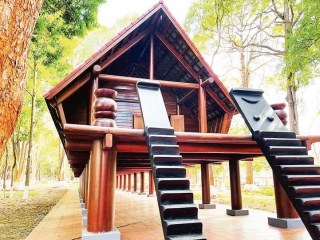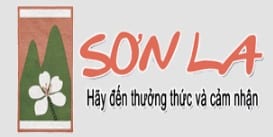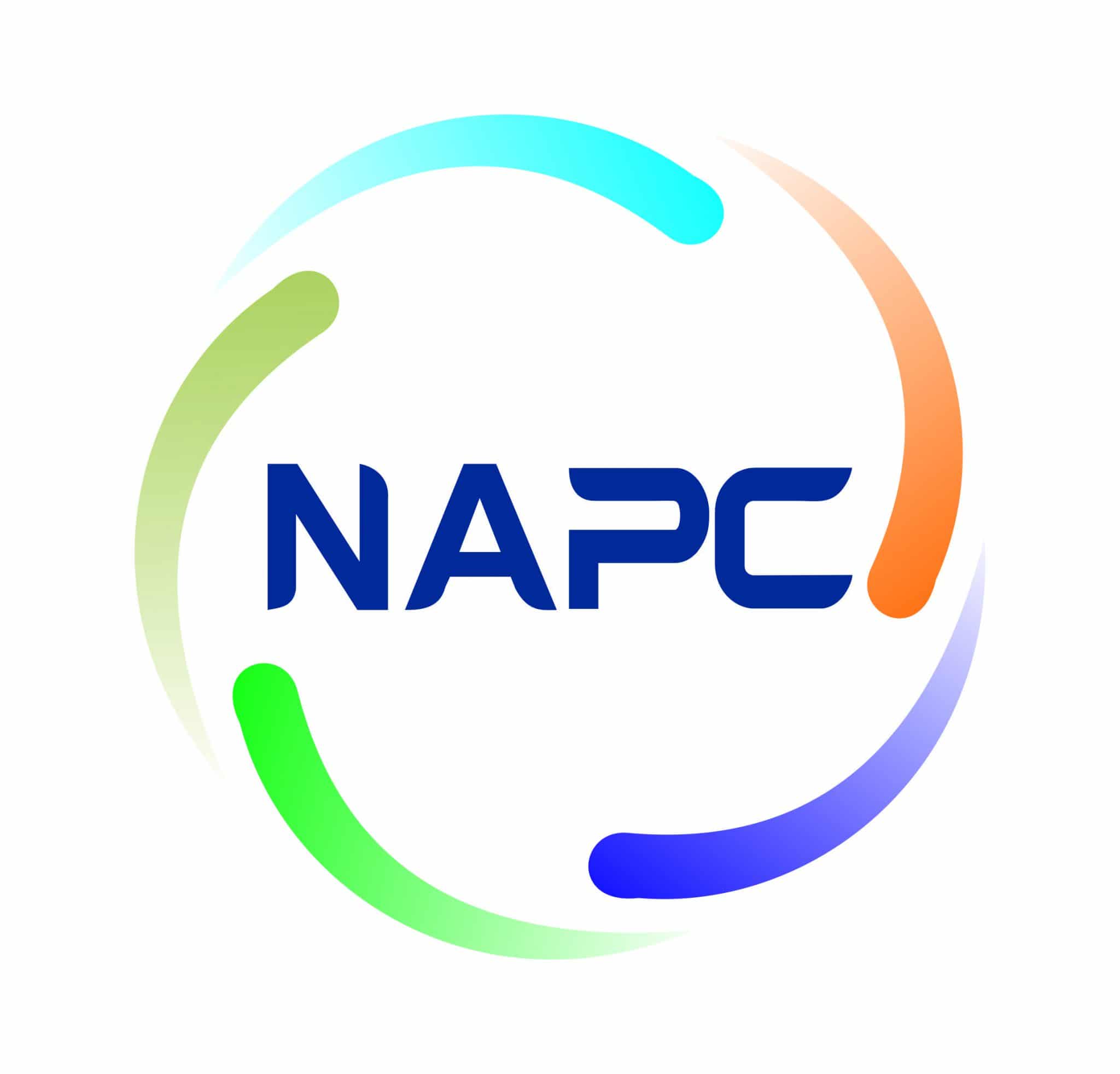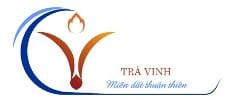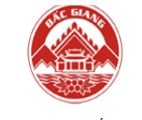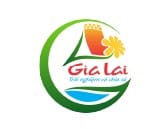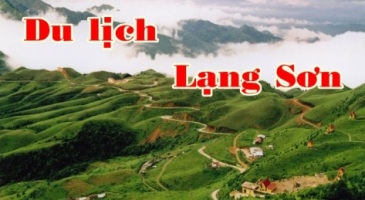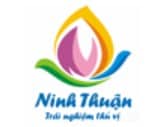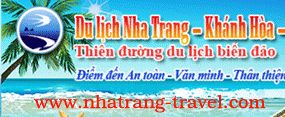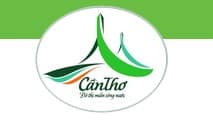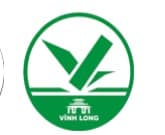Although the latest regulations no longer require concentrated healthcare isolation, they fail to meet expectations of tour operators
Last Thursday, the Ministry of Health issued new regulations on Covid-19 prevention applicable to people entering Vietnam. Subsequently, as of January 1, 2022, when the pilot scheme is effective for the resumption of international commercial flights transporting international travelers to Vietnam, these people are not subject to concentrated healthcare isolation.
However, those who have received two vaccine doses still have to self-check their health at their accommodations during the first three days; also, during that time, they must not make contact with other people around and must not leave their accommodations. Those who have not vaccinated have to remain at their accommodations for seven days. “Accommodations” mean houses, hotels, guesthouses, resorts, representative offices, or condominiums/guesthouses of companies.
Inbound difficulties
Although the latest regulations no longer require concentrated healthcare isolation, they fail to meet expectations of tour operators who hope that travelers will be free to make their trips if they test negative for the coronavirus after they have entered Vietnam.
According to Tran The Dung, general director of Fiditour, the new regulations are a positive change. However, quarantine in any form may bar travelers from making tours, said Mr. Dung.
Many have also said the new rules are a big hurdle in the near markets which often bring in the largest number of tourists and are the most feasible because tourists there often go on short tours lasting from three to five days.
“I have to discuss again with my partners to see whether guests agree to stay at their accommodations for three days,” said Nguyen Son Thuy, director of Indochina Unique Tourist, after he had known of the new regulations. A few days before, Mr. Thuy had made plans to receive a group of tourists from Thailand on January 15, two weeks after international flights to Vietnam is resumed.
Several business people in the tourism industry maintained that it is hard for self-contained tours—as short as they may be—to attract tourists, which is evidenced by the results of the pilot program to welcome international travelers to Vietnam.
According to statistics obtained from the Ministry of Culture, Sports and Tourism (MCST), from the first flight on November 17 to December 6, only three out of the five localities allowed to receive international tourists, including Phu Quoc in Kien Giang, Khanh Hoa and Quang Nam, were able to attract tourists. A further breakdown shows that only 159 travelers visited Quang Nam, 204 visited Phu Quoc, and 816 arrived in Khanh Hoa.
“I believe our conditions for welcoming guests are still too difficult,” said Luong Hoai Nam, an expert in tourism and aviation, during a recent workshop on tourism opening.
Aside from health regulations, the visa-free policy is another big issue. Currently, Vietnam has begun to resume tourism. However, the visa-free policy which has been put on hold since last March has yet to be restarted. A tour operator has to submit proposals to the immigration agency for approval. As the procedures for entries into Vietnam at the immigration office take a lot of time, they considerably affect tourists from key markets which have been accustomed to the visa-free policy.
To enhance Vietnam’s attraction, the MCST has recently petitioned the Government for the resumption of the visa-free policy and a full opening of international tourism. However, this petition is still pending for the Prime Minister’s decision.
Outbound difficulties
According to statistics released in 2019 by the Vietnam Society of Travel Agents (Vista), almost 10 million Vietnamese made overseas tours in 2018.
Together with bringing in international travelers, outbound tours also play a vital role in tourism in Vietnam.
Many tour companies want to kickstart this market again when international flights are connected. However, official permission has not been given. Since last year, when
Covid-19 broke out, tours to infected areas have been banned. However, although almost the whole world is infected now, the authorities have not issued new regulations. Therefore, this segment remains inactive.
According to the MCST, the resumption of outbound tours is impossible because people in Vietnam going abroad are facing difficulties as only some nations have accepted Vietnam’s vaccination certificates.
In addition, vaccination certificate samples in Vietnam have some limits, such as not being in accordance with the sample issued by the Ministry of Health or being only in Vietnamese. What’s more, although some countries accept Vietnam’s vaccination certificates, they do not accept some vaccines in use in Vietnam.
To reinstate outbound tours, the authorities concerned should quickly negotiate with nations that accept Vietnam’s vaccine passports to solve the problems.

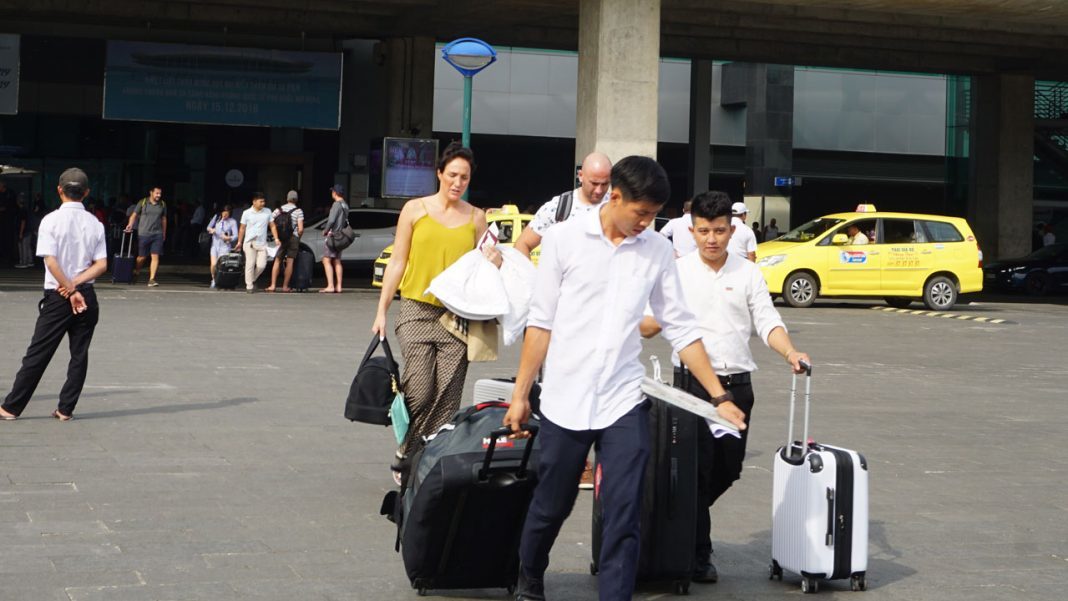







![[In Pictures] Elephant-friendly tourism in Dak Lak](https://daktip.vn/wp-content/themes/daktip/thumb.php?src=https://daktip.vn/wp-content/uploads/2024/03/v1-6591.jpg.webp&w=320&h=240&zc=1&q=100)

